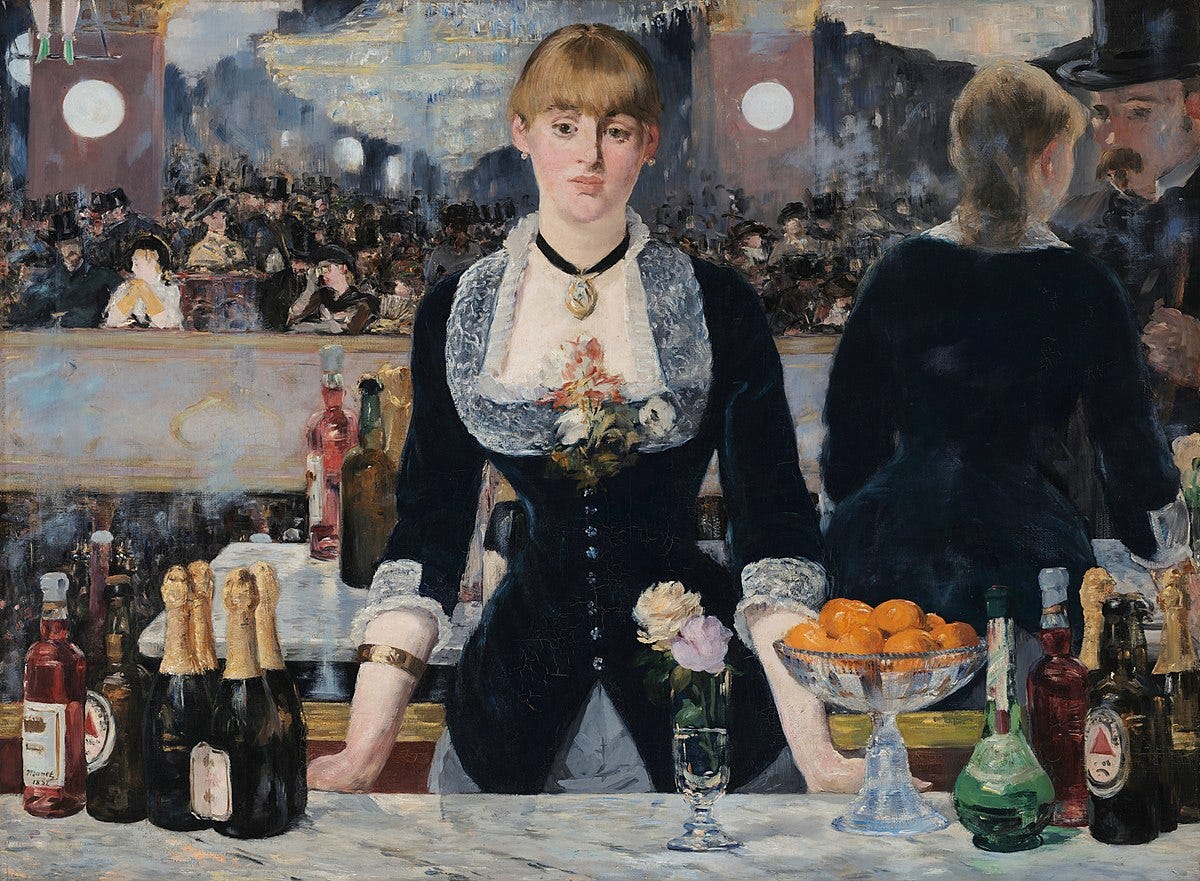
I was doomscrolling through end-of-year book lists the other day—you know, the kind where you’re supposed to feel guilty for not having read the latest Pulitzer winner or that one novel everyone said was “brilliant” but no one actually liked.
And then I found Freddie deBoer’s post about the “book section.” This is a lot of what I’ve been feeling too: The lists are the same authors, the same genres, the same recycled ideas.
It’s like oatmeal for dinner. Sure, it’s technically fine, but where’s the spice? Where’s the weird, messy stuff that surprises you?1
Why does every book have to feel like a college syllabus assignment instead of, you know, something you actually want to read?
Not that these books are bad—some are great—but where's the risk? Where's the book that feels like it was written for me, not for an awards committee?
The predictability problem
One thing deBoer absolutely nails is the monotony of the book world's "favorites." These lists are curated by an elite class of editors who all went to the same colleges and attend the same parties, so they end up pulling from the same small pool of books.
These are books that win awards, get taught in MFA programs, and have covers designed to look serious—you know, bright colors and sans serif fonts or muted colors and serif fonts, whatever it is right now.
If you're not writing within that aesthetic of the moment, good luck breaking through.

By focusing on a narrow range of voices and styles, the literary world sidelines innovative works and diverse perspectives. It's a system that rewards what feels familiar, rather than what feels necessary or new.
When the same few authors and genres dominate, the result is a cultural monoculture that leaves little room for surprise or discovery.
DeBoer says, "I read year-end lists and I can't believe the conformity and lack of adventure I'm seeing. It seems senseless for so much coverage to be dedicated to such a tiny sliver of published titles.”
"Good" literature has a very narrow focus.
Books like Liveblog by Megan Boyle or The Cult of Loretta by Kevin Maloneyhave something the mainstream ones don't: messiness, weirdness, and a sense of urgency. They feel alive in a way that perfectly crafted literary novels rarely do.
The books that stick
The books that stick with people aren't always the ones that win prizes or get reviewed to death. They're the ones that make a connection—deeply, personally, and sometimes in ways that are hard to explain.
Think about the cult classics that readers pass around like secrets. Those books live on because they matter to actual people, not just critics.
DeBoer makes an excellent point here: the literary establishment's focus on prestige often misses the books that resonate most with readers. These aren't necessarily the polished, "important" books. They're riskier, flawed and feel like they were written by a real person, not a committee.
What readers can do
Readers, we're complicit in this too. It's easy to let algorithms or best-of lists dictate what we pick up. But if we want the literary world to change, we have to change how we read.
Start with indie publishers.
Take a chance on a book that's self-published or comes from a small press. Seek out voices that don't sound like everyone else.
I just bought Sillyboy by Peter Vack. Maybe it’s good, maybe it’s not, but it’s different.
As deBoer suggests, part of disrupting the system is breaking away from the predictable paths it lays out. That means not only supporting underrepresented voices but also challenging our own habits as readers.
DeBoer's critique extends beyond just the selection of books to how they're written and reviewed. He notes that book media tends to favor fiction that is "Realist according to the conventional sclerotic definition of realism"[1], which often results in stories that are safe, predictable, and lacking in true innovation or challenge to the reader.
DeBoer puts it like this: "There is nothing I hate more than a soft landing, and that's what all of this conformity incentivizes - soft landings for writers who write books and soft landings for the writers who review them.”
Take on the rough landings.
To be clear, I don’t think music does any better, but there are more outlets perhaps that cover music?




